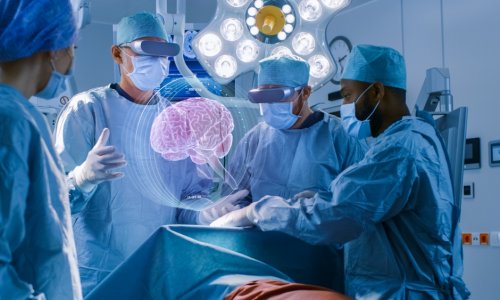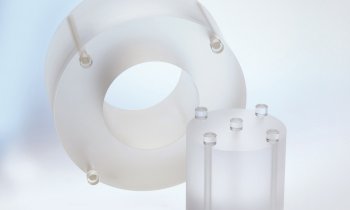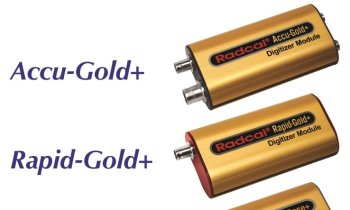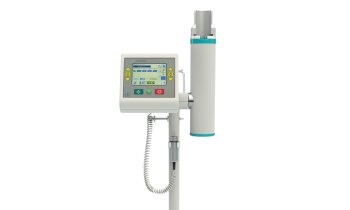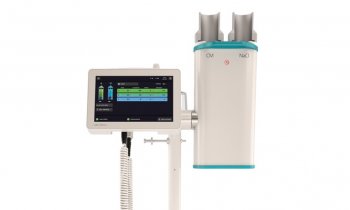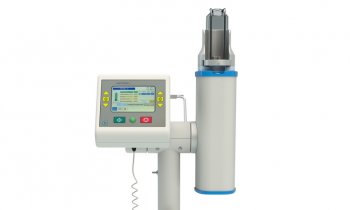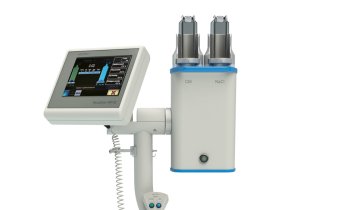Finding that perfect match
Advice from an ‘old hand’ for juniors wanting to work in a department where they fit in and which also suits their personal hopes and ambitions

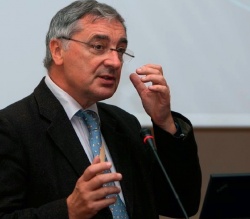
At the end of residency physicians apply for a position in a department. More often than not, this process involves misunderstandings between the young applicant and the department’s recruitment representative, as explained by Professor Yves Menu at last year’s Junior MIR (Management in Radiology) course held in Milan last October. In his lecture, the chairman of the ESR Professional Organisation Committee spoke of several aspects that ought to figure prominently in this career phase. Typically, the recruitment person is seeking someone who is ready to assume the role of a senior, someone who will attach him/herself very much to the department and the discipline. However, the applicant’s self-assessment is as being someone between a junior and senior role, Prof. Menu explained.
Differing views
As an example for applicants who have finished residency, he quoted the ‘Chef de Clinique Assistant’ in France, which resembles a fellowship; it is a salaried university position. These physicians are expected to perform medical care as well as teaching and research activities. ‘Obviously, to fill that position, the head of department requires someone who is able to diagnose and treat the patient, to train juniors and also to carry out research,’ Prof. Menu pointed out. When applicants send in their documents, however, their message is ‘I’d like to join your department in order to increase my knowledge’. Obviously the views from the two sides differ.
Consider key factors
There are turning points – moments that turn up in someone’s life when s/he thinks a major decision should be made – on the assumption that s/he is aware of the relevant facts, skills required, within a context that includes external, family events and many more factors. Based on a firm foundation, it appears to be rather safe to go for an opportunity. ‘However, someone who has just come out of residency is not endowed with the solid grounding that such a major decision would need – that point only comes perhaps two or three years later in life,’ according to Prof. Menu, who adds: ‘Young people should be aware of these kinds of factors and of turning points.’ Choosing a department does not mean choosing a fixed environment, he added. ‘For example, if you decide in favour of a specific department in an organisation because of its modern equipment, this is not really a future-safe approach – because that equipment will be outdated at some point.’ Many young physicians do not realise this, he said. ‘If I were in a position to choose, I would vote in favour of a department with a lot of machines, but ones that are due to be replaced by brand-new equipment.’
Furthermore, applicants should not underestimate a department’s and organisation’s history, as well as the atmosphere within the team. Is the feeling compatible with his/her own way of interacting? Applicants should also analyse themselves, and never pretend to be some other person. ‘Accept your weaknesses – you may be able to compensate them to some extent, but they will accompany you all your life. Therefore it’s better to find a position and place where your weakness will not significantly impede your performance. For example, if you find it hard to get up early, don’t join a department where you are expected to start work at seven,’ he warns. By keeping these pointers in mind, and looking beyond a department’s work and equipment, applicants might avoid adaptations that might become painful – and such advice holds true beyond borders.
PROFILE
Having held key posts in several renowned French hospitals, Professor Yves Menu is currently Chairman of Department of Radiology at the Saint Antoine Hospital and Professor of Radiology at the University Pierre and Marie Curie (Paris VI). In 2011, he was ECR President and, within French and European Radiology Societies he is a member of the ECR Programme Committee as well as chairman of the ESR Professional Organisation Committee.
25.02.2013




